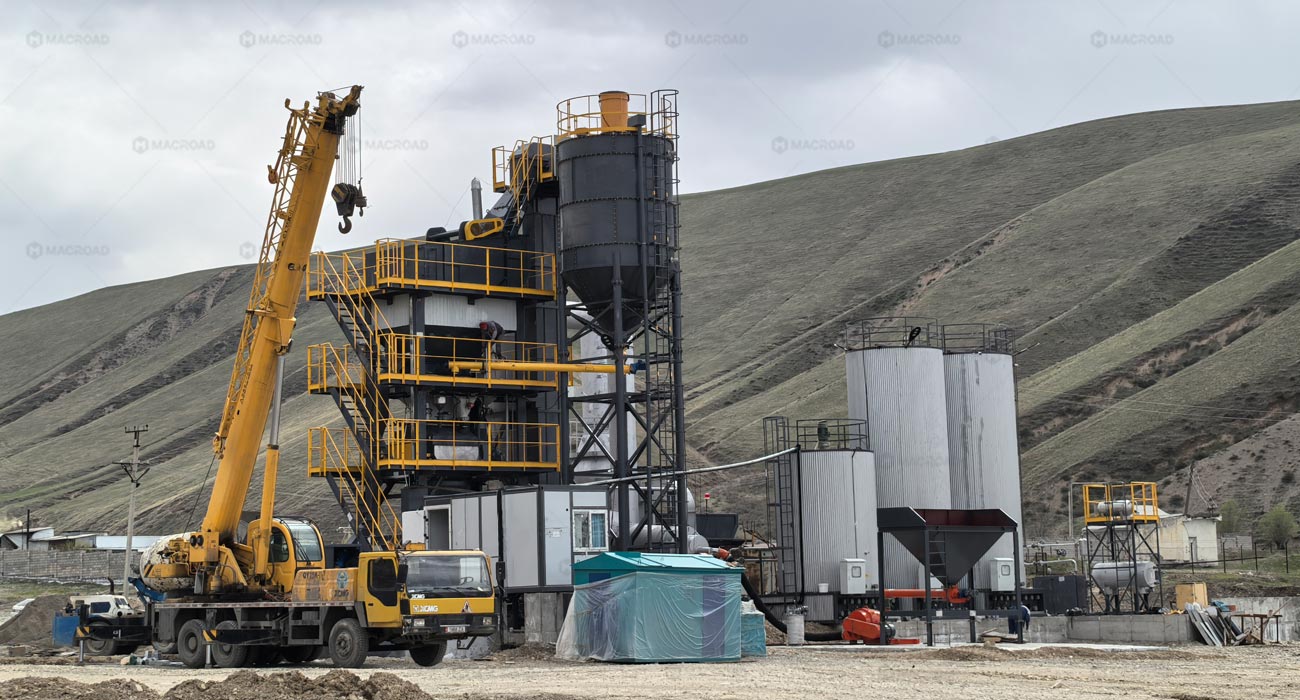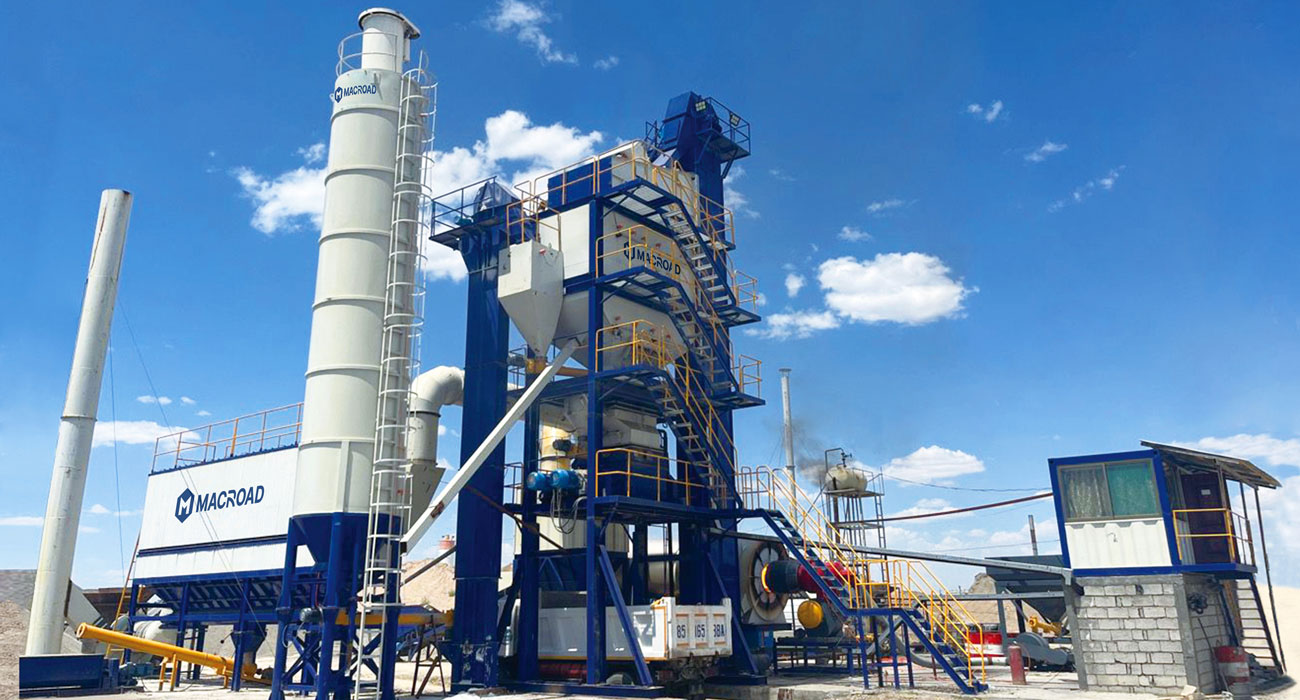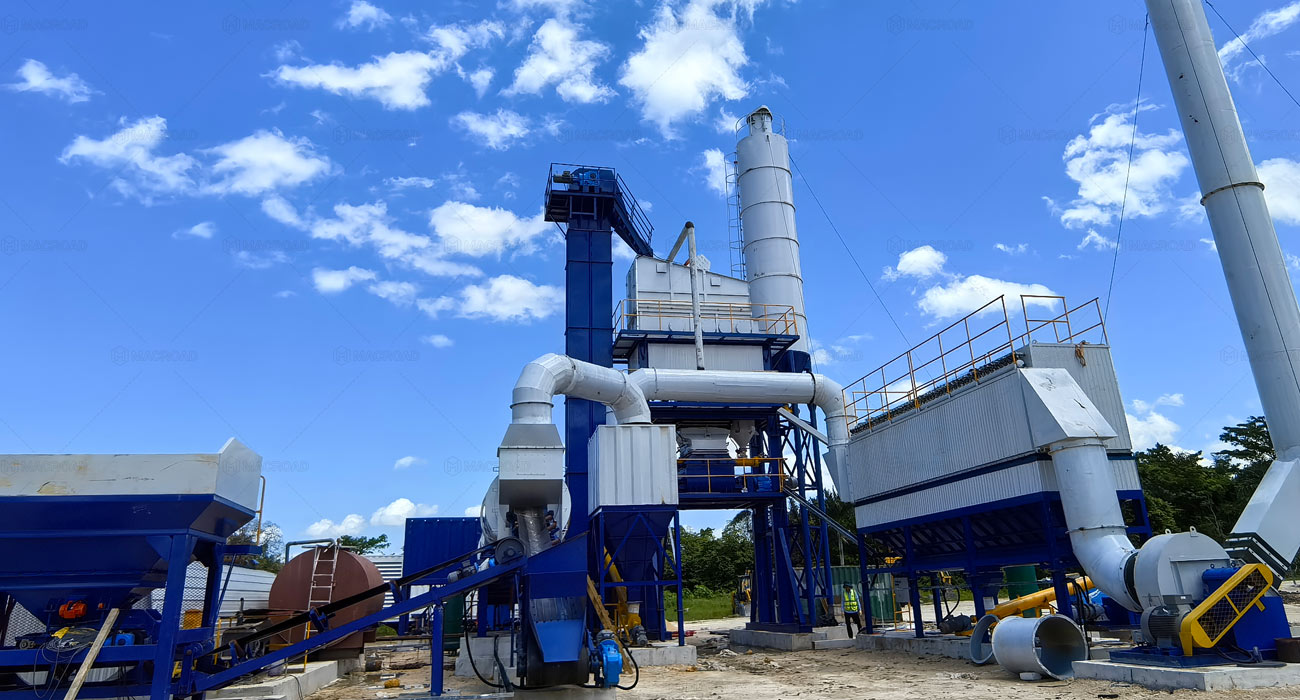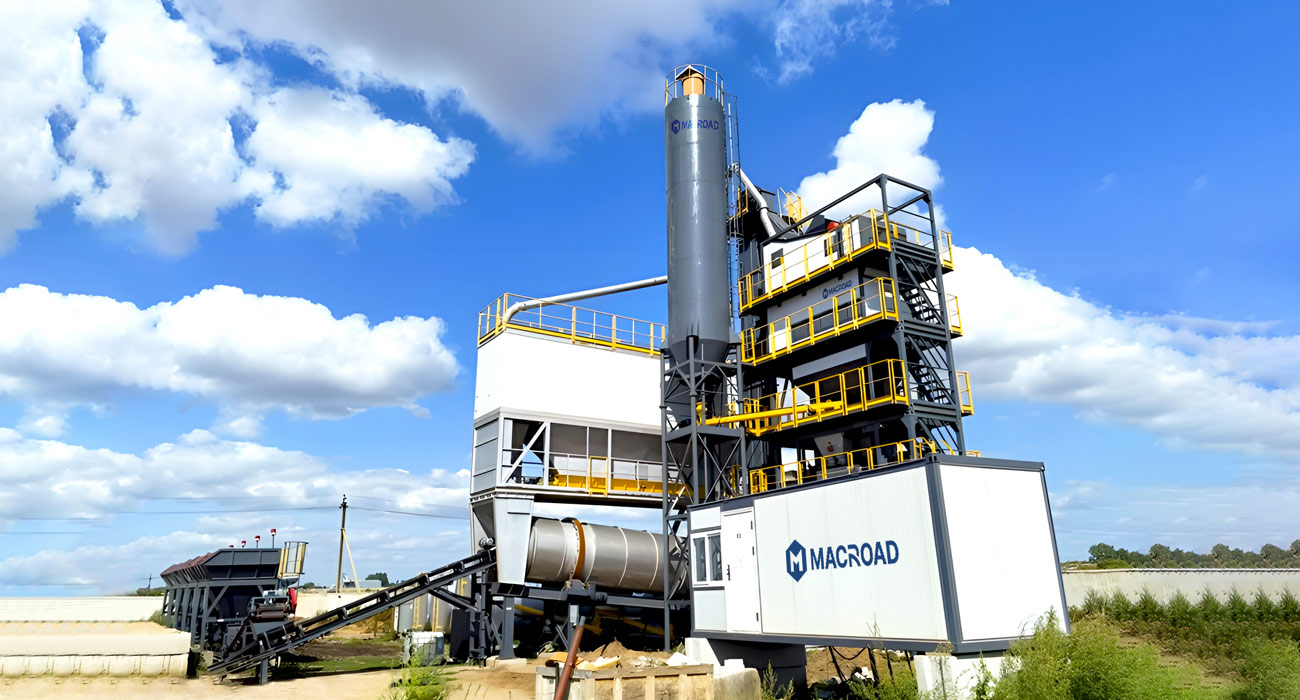Highway construction demands high standards for equipment stability and rapid after-sales service response, particularly concerning stationary asphalt mix plants. Given that different asphalt plant models from various suppliers may exhibit varying failure rates and have different vulnerable parts supply cycles, it is essential for enterprises to carefully consider both the equipment model and the supplier’s after-sales support capabilities. This article discusses how to assess the adaptability of “equipment model – supplier service” based on technical characteristics and after-sales guarantees to prevent delays in highway construction due to equipment failures.

Understanding Technical Characteristics of Equipment Models
When selecting a stationary asphalt mix plant, understanding the technical characteristics of different asphalt plant models is crucial. Core components’ durability significantly influences the plant’s overall performance and reliability. For instance, equipment models with robust design and high-quality materials tend to experience fewer failures, ensuring stable operations during critical highway construction phases.
Enterprises should evaluate the specifications of each asphalt plant model, focusing on aspects such as the materials used for construction, the design of critical components, and the overall engineering quality. By doing so, they can identify models that are more resilient and better suited to the demanding conditions of highway construction.

Assessing Supplier After-Sales Support
The role of the supplier in providing after-sales support cannot be overstated. A supplier asphalt mixing plant‘s after-sales capabilities, including on-site maintenance and spare parts availability, can greatly affect a project’s timeline. Enterprises should inquire about the supplier’s emergency maintenance response times and the length of their warranty periods. A longer warranty can indicate the supplier’s confidence in their equipment’s reliability, while quick response times can mitigate downtime during construction.
Moreover, it is essential to assess whether the supplier has local support teams that can provide immediate assistance. This local presence can significantly reduce the time taken to address equipment issues, ensuring that highway construction projects stay on schedule.

Evaluating Spare Parts Supply Cycles
In addition to maintenance capabilities, the supply cycles for vulnerable parts related to each asphalt plant model are critical considerations. Some models may require specialized components that have longer lead times for procurement, which can lead to delays if repairs are needed. Enterprises should ask suppliers about the typical lead times for essential spare parts and whether they maintain an adequate inventory to support quick replacements.
Having a clear understanding of the spare parts supply cycle can help enterprises plan for potential downtime and maintain continuity in their operations. This proactive approach allows for more effective scheduling of maintenance and repairs, reducing the likelihood of prolonged interruptions during highway construction.

Making Informed Decisions for Long-Term Success
Ultimately, the decision-making process regarding the selection of an asphalt plant model and supplier should be comprehensive and well-informed. Enterprises must weigh the durability of the equipment against the supplier’s after-sales support to ensure both reliability and responsiveness.
By considering technical specifications, after-sales guarantees, and spare parts supply cycles, businesses can make more informed choices that align with their specific needs. This thorough evaluation not only helps avoid delays caused by equipment failures but also enhances the overall efficiency of highway construction projects.
Conclusion: Ensuring Reliability in Highway Construction
In conclusion, the stability of stationary asphalt mix plants and the effectiveness of after-sales service are critical factors in the success of highway construction. Enterprises must take a holistic approach when evaluating the adaptability of “equipment model – supplier service.” By focusing on the technical characteristics of asphalt plant models and the supplier’s after-sales support capabilities, businesses can mitigate risks associated with equipment failures. Companies like Macroad exemplify the importance of combining high-quality equipment with reliable service to support the demanding needs of highway construction.